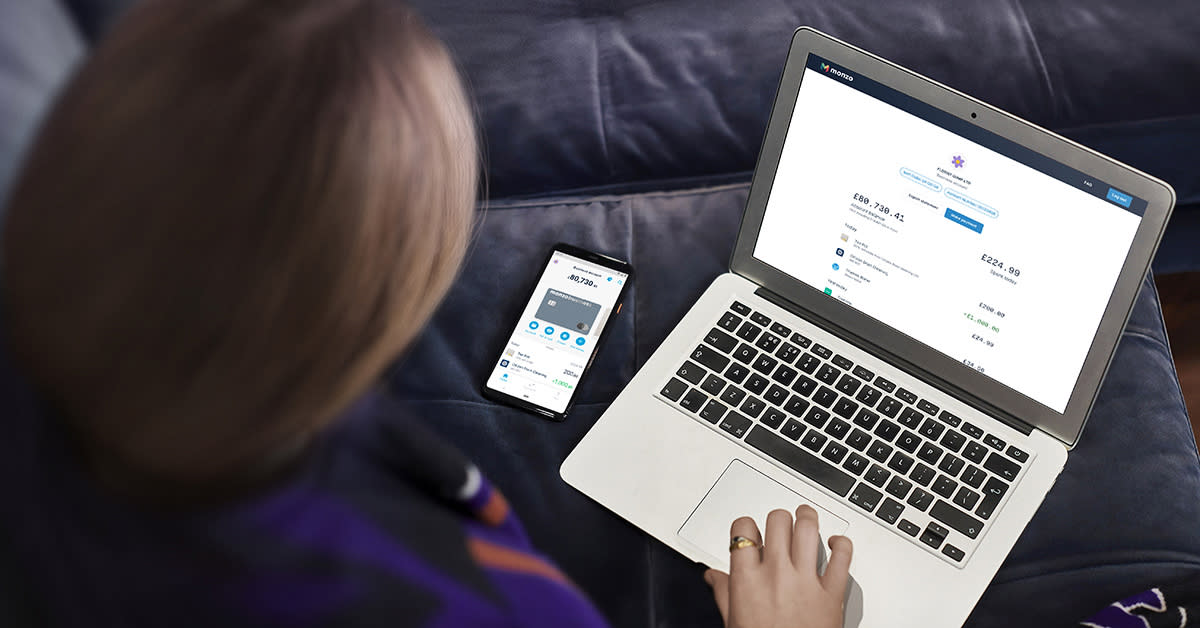When you’re self-employed, getting on top of your taxes is really important. Not only are they dreaded by newbie (and even long-time experienced) freelancers and sole traders, but they can be pretty stressful if you leave them to the last minute.
The team at TaxScouts have come up with a few tips to help you make tax season as painless as possible - your tax return doesn’t need to be an annual event of doom and gloom!
1. Learn how tax works
Once you know the basic structure of how we’re taxed in the UK, it’s easier to get your head around everything else.
The tax year runs from 6th April to 5th April over any given two year period. What you earn each year between these two dates is the income you’ll be taxed on. For example, in the 2020/21 tax year, you’ll need to calculate tax on your earnings between 6th April 2020 and 5th April 2021.
2. Understand what you owe
When you’re self-employed, there are two types of tax that you might be liable to pay:
Income Tax
National Insurance
We all have to pay Income Tax, whether we’re employed or self-employed. What we pay is based on how much we earn. Take a look here to see how much you’ll owe based on your earnings. Or if you’re based in Scotland, click here.
When it comes to National Insurance, this works a bit differently. Even if you earn less than the tax-free Personal Allowance, you’ll still be liable to pay it. This is because it entitles you to certain state-provided benefits such as the state pension or the disability allowance. You pay either Class 2 National Insurance (if you earn over £6,475) or Class 4 National insurance (if you earn over £9,501). If you’re employed, you pay Class 1 National Insurance.
3. Diarise the deadlines
As you can probably imagine, there’s quite a lot of admin involved in doing your taxes - and one part of this is learning the deadlines. So make sure you get these key deadlines in your diary to stay on top of things, and plan well in advance to meet them:
Registering for Self Assessment - 5th October
Tax return deadline - 31st January
Payment on Account deadline (when you pay the second half of your tax bill) - 31st July

4. Get to know the worst case scenario
And by this, we mean the penalties. When you don’t meet deadlines, HMRC will penalise you. And the longer you leave it, the more you’ll be liable to pay.
If you do realise that something’s gone wrong, it’s important to remember that the more transparent you are with HMRC, the more understanding they’re likely to be.
5. Stay organised
However you feel about spreadsheets, they can be a great help when it comes to keeping your business finances in order. We’d recommend doing the following bits to keep on top of things:
Open a business account to keep your personal and business spending separate. And if you don't already have one, why not check out Monzo Business?
Create spreadsheets at the start of each tax year
Track your expenses and income as you go
Split your spreadsheets into monthly tabs to record your monthly income and expenses
If you do leave your taxes to the last minute (we’re all human!), go through your bank statement with a highlighter to make sure you record everything
6. Be aware of expenses
Expenses can be confusing, especially when you're newly self-employed.
When you’re self-employed and pay your own taxes, HMRC allows you to deduct certain business spending from your overall income. That way, you’re only taxed on your profits.
Expenses can be anything that you spend wholly, exclusively and necessarily on your business. That can be anything from an office chair to a coffee with a client. You'll need to keep the evidence of your spend, like the receipt or invoice.
Read more about what you can and can’t expense here.
7. Don’t forget about tax reliefs
Did you know that over £20 billion worth of tax refunds and reliefs are left unclaimed?
That’s why as well as knowing what expenses you can deduct, it's a good idea to get an understanding of which tax reliefs are available. They can really help you to become more tax efficient by reducing what you’re liable to pay. Here are a few examples:
Tax relief on private pensions contributions
Gift Aid relief
Maternity Allowance
Mileage Allowance
With a Monzo Business Pro account for £5 a month, you can access special offers - like 10% off first tax returns for sole traders with TaxScouts!
Tap above to learn more about Monzo Business. Get the essentials for free with a Business Lite account, or take care of everything for £5 a month with Business Pro.
Or if you've already got Business Pro, find Tax Scouts in the special offers in your app.